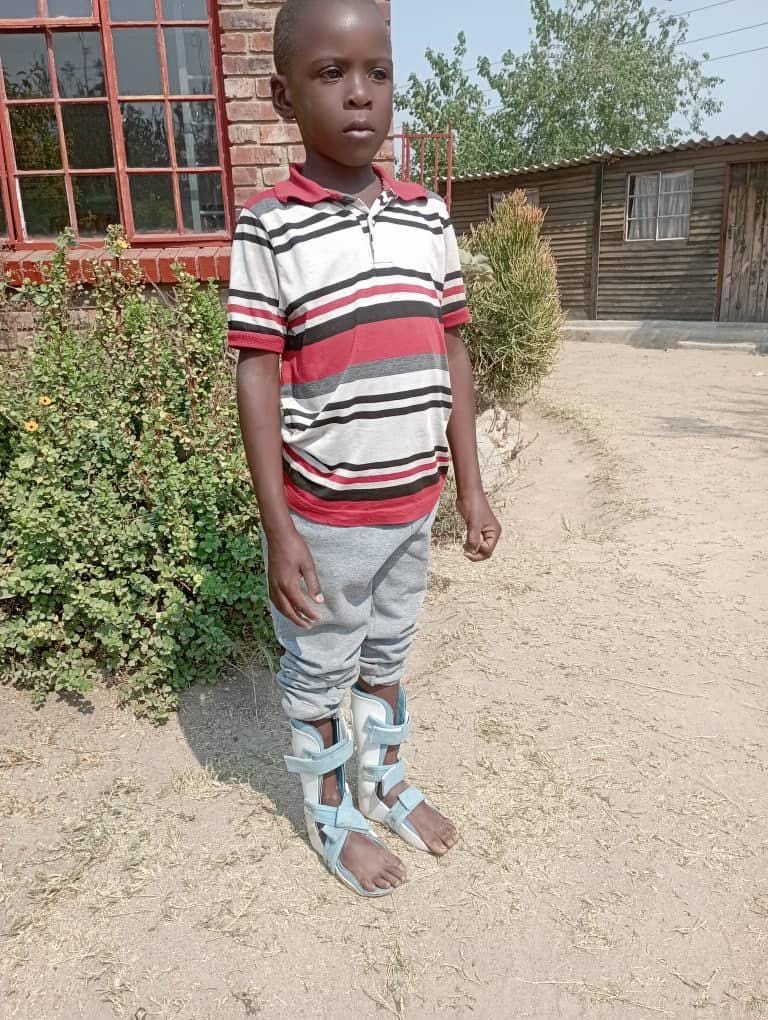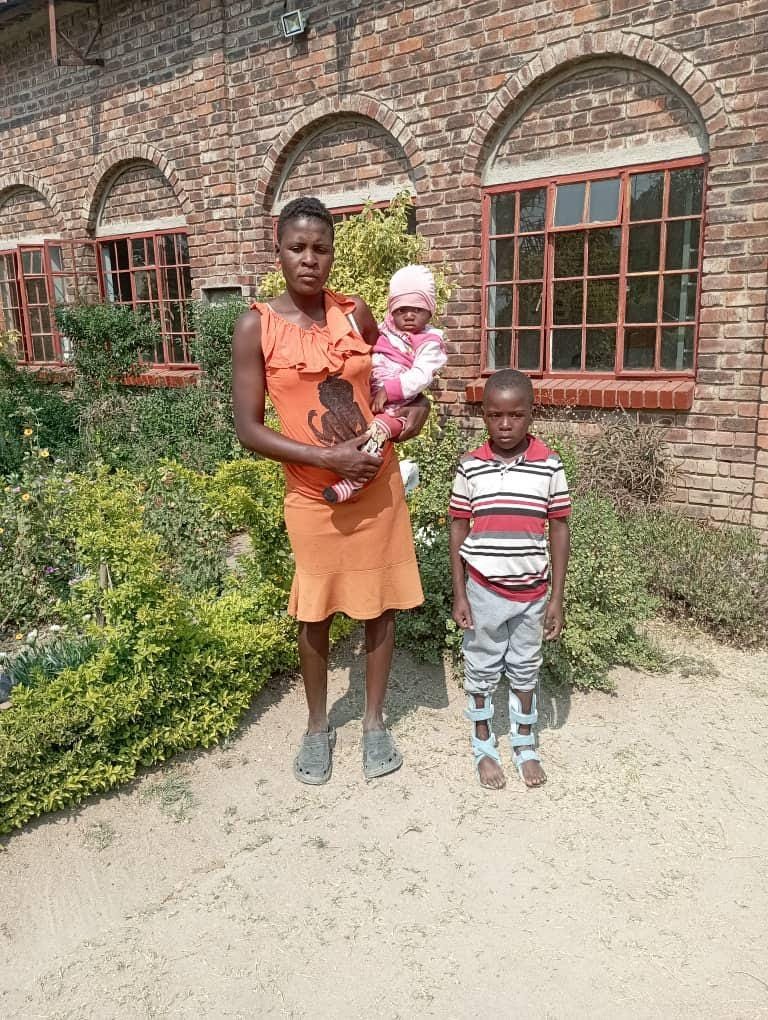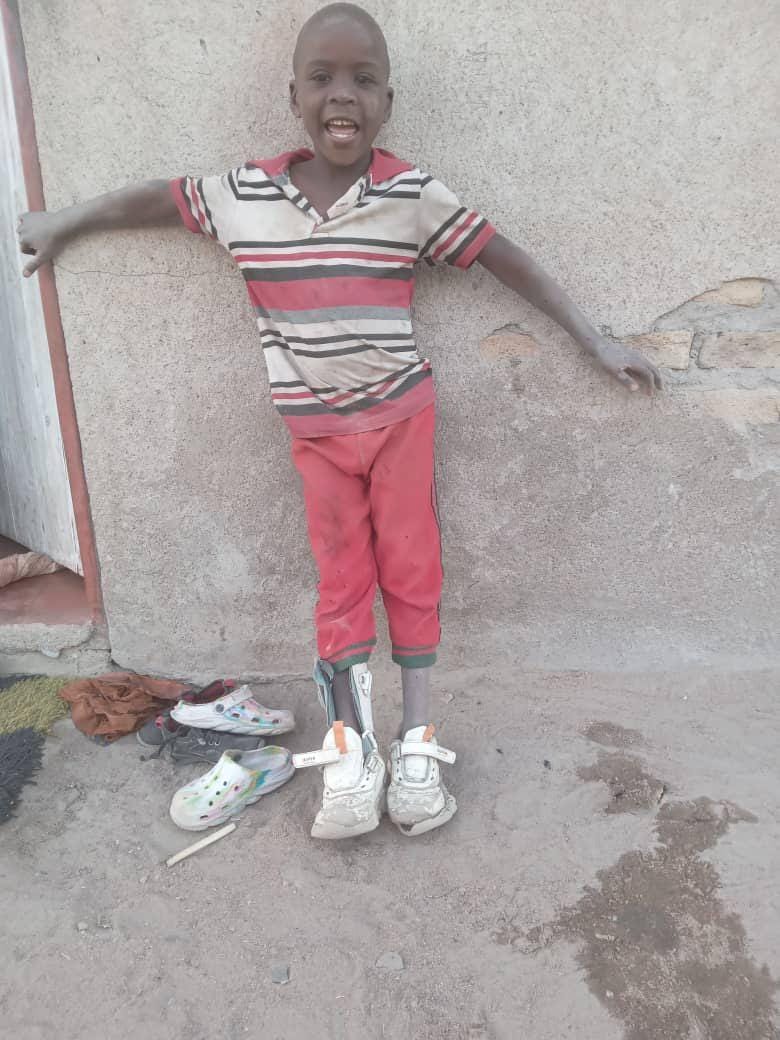
I am at my desk only a little during this in-between interlude – the last year behind us and the new one yet to really begin. Technically, of course, each day belongs to one year or another. But subjectively, around this time, public holidays and weekends and workdays blur one into the other. Untethered from our usual routines and rituals it’s easy to lose track of what day of the week it is.
Most of my readers are in the Northern hemisphere, where the dark mid-winter encourages withdrawal in a profoundly elemental way. Even here in Australia, with mid-summer blazing, we also have our own quiet pause. For many, Christmas coincides with the start of the long summer vacation, and people leave for beachside visits or perhaps to travel overseas. Some folk return to family homes or enjoy time off with friends. As a result, where I live not far from Perth’s CBD, there is hardly any traffic around. Ambient noise levels drop to near silence.
This time of the year always came as a relief when I worked in the corporate world. I knew there would be no calls from clients or journalists, no demands for me to do this or that.
I am no longer part of that world, but these days I love this time of quiet even more: I have come to think of it as a bardo period between the old year and the new one.
Lamas tell us how we experience an intermediate state after one lifetime has ended and before the future one begins. Then, as now, we are beings in transition, belonging neither to the life or year that has passed, nor to the one that has yet to arise.
What is left of 2024? Memories, definitely – I hope a lot of wonderful ones for you! Perhaps a major event shifted the course of your life so that you found yourself ending the year in a different physical place or state from where you began it.
But whatever responsibilities we may have assumed, or let go of, however the externals of our realities may have changed - or not - when we are in a quiet room alone and close our eyes, take a few deep breaths and just relax, all we are left with is a state of heart and mind. And the difference between that state of heart and mind now, compared to twelve months ago, is what matters most about 2024. Because it, more than anything, will determine our experience of 2025. This, rather than the imperatives of the material world, will shape our future experience of reality.
Tibetan Buddhism, with its myriad lineages, profusion of empowerments, practices, stages and paths can seem bewildering to newcomers. But at the heart of them all is the fundamental wish to leave off those intentions and actions that cause pain. To take up those that create happiness. And to cultivate mental calm. “Abandon harmfulness. Cultivate goodness. Subdue your mind,” is the essence of Buddha’s teachings.
Harm is caused by grasping at things/people we mistakenly believe to be inherently happiness-creating, or shunning phenomena/people we mistakenly believe to be inherently misery-inducing. Because nothing and no one possesses inherent qualities, such instincts are mistaken, and when we act on them, we only reinforce the deluded world view which is the source of our continued suffering.
Happiness, by contrast, is caused by giving happiness to others (love) and by freeing them from suffering (compassion).
Deliberately turning the focus of our attention from harm-inducing to happiness-creating is the origin of the smorgasbord of available practices – something to suit all personalities, be we extravert or introvert, cerebral or service-focused, worldly or aesthetic, and so on.
When we abandon harmfulness, cultivate goodness and subdue our minds over a period of time an inevitable shift occurs. We find ourselves a little more relaxed and able to let go of things, people and events we used to hold tightly - to our own detriment. This includes letting go of views and opinions we once may have believed defined us. On recognising their relative unimportance, we are more likely also to look through the opinions of others - which may once have repelled us – to the experiences of the person who voices them. Equanimity creeps upon us.
We find it easier to be open-hearted and open-handed. We are less worried, neurotic, anxious. We find that we have access to a spaciousness, a boundlessness, an inner ocean of peace that increasingly pervades our waking life and informs the decisions we make about how we spend our time. And with whom.
By following practices that help us in such ways, on reaching this end-of-year bardo where there is little in the external world impelling us to do this or that, we find ourselves abiding in a state of heartfelt peace. We have no need of stimulation or entertaining distractions. We have little interest in the psychodramas playing out around us. It is more than sufficient simply to be here, now. There is no rush for the next year to begin. When it does, may it arise from a state of serenity and benevolence!
2024 is gone. It’s only real value to us was in the way we used it to more deeply ingrain those habits that are truly happiness-creating, and let go of their opposite. There will come a time for each one of us - maybe sooner than we think - when we find ourselves in the real bardo, at the end of this life and before the next one begins. When time will be blurred to an even greater degree and there will be absolutely nothing in the external world forcing us to go in this direction or that. When we are completely untethered from routine, ritual and even gross, physical form.
And when this happens, so our lamas and the great yogis agree, the only thing that matters is our state of mind and heart. That, more than anything else, will determine our future experience of reality. And not only for a year, but for an entire lifetime.
To me, facing up to this certainty now, rather than when it happens, is the best possible contemplation for this between-year bardo. How fortunate are we to have an awareness about how the world of appearances arises from consciousness? How amazing to recognise that we are moving from a state of temporary timelessness at the start of 2025 to an opportunity to prepare for the immensely more significant bardo to come who knows when?
As the Dalai Lama says: “Control over one’s future evolution is to be won during one’s life, not at the time of death.” (The Path to Enlightenment , Snow Lion, p 33)
It is my heartfelt hope that each and every reader may have the chance to make the most of this sacred – ‘set apart’ – pause. Whether in the forest, by the hearth, at the ocean or on our cushion, may we all find, this season, opportunities to rest in the natural state of our minds and hearts. May we catch inspiring glimpses of our own consciousness when it is free from cognitive chatter, one that is only temporarily linked to this body and this life.
In 2025, may we all become better at focusing our care more on others rather than defaulting to ourselves. At retraining our instincts from disappointment to gratitude, our impulses from craving to giving, and from resentment to equanimity.
So that when, in a year’s time, 2025 is just like 2024 is to us now – merely a collection of memories - may our state of mind and heart be one of even greater lightness, peace and joy.
As we think, so we become.
Wishing you all a happy and wonderfully useful 2025!
(His Holiness’s Cat would join me in sending you her good wishes, but she is currently toasting her bones in front of the fire and must not be disturbed!)
During my personal bardo time, I received an unexpected but delightful surprise in the mail. It’s a foreign translation of The Dalai Lama’s Cat and instantly became one of my favourites. The cat is gorgeous and I love the background image of the Dalai Lama. It’s a quality hardback edition with the title embossed on the cover. Care to guess which language it’s in?
This edition is from Ukraine. A big shout out to Vivat Publishing house for creating such a high quality, beautiful book despite everything!
Looking online about them, I found the following:
“Vivat Publishing House is one of Ukraine's leading publishers. Established in 2013 and based in Kharkiv, Vivat has been instrumental in promoting Ukrainian literature and culture.
In May 2024, Vivat's printing house in Kharkiv was destroyed by Russian missile strikes, resulting in the loss of seven employees and injuries to 21 others. This attack significantly impacted Ukraine's book production, reducing it by approximately 40%.
Supporting Ukrainian publishers like Vivat is crucial for preserving and promoting Ukrainian culture and literature during these challenging times.”
I have already donated the advance I received for this book to a Ukrainean charity supporting domestic pets affected by the war.
My heartfelt thanks for your many and wonderful responses to my end of year report last week! About a dozen people joined as paying subscribers, and a number of people have also made generous donations via our new Michie Foundation/GDG portal. (Here, if you missed it).
I will, of course, keep you posted on how things continue in the months ahead.
Meantime, I am delighted to share this story below from Viv Kernohan at ROKPA Support Network in Chitungwiza, near Harare, Zimbabwe - one of the causes that your paid subscription helps.
ROPKPA was founded through the inspiration of Lama Akong Rinpoche, one of the first resident Tibetan lamas in the West, who founded Samye Ling Monastery in Scotland.
From Viv:
“Meet Tavonga, a cheerful six-year-old who has not had it easy. He was born with club feet, a condition that makes the feet turn inward and downward. His mother, Gloria, still recalls the chill she felt when nurses told her about her baby’s disability without much explanation. She feared her son would never walk.
Club foot happens when the Achilles tendon is too short, and while it doesn't hurt in babies, it can lead to trouble walking if not treated. Tavonga’s case was severe, classified as Grade 3, which meant his feet were severely curved, and his leg muscles were smaller and weaker.
Fortunately, he was treated quickly after he was born; doctors began correcting his feet with a series of casts. By his first birthday, he had surgery at a major hospital, which helped fix his tendons; but when he turned three, his feet started to curve again, and his legs wear put in casts once more.
Despite some improvements, Tavonga still faced challenges and in early 2024, doctors suggested he get special foot braces to help keep his feet aligned. However, the hospital didn’t have any, and Gloria, whose husband had since left the family, couldn’t afford to buy the braces. Watching her son struggle to walk on his toes and in pain, was heart-breaking for her.
Then in September 2024, everything changed when a nurse referred Gloria to the ROKPA Support Network. Hesitantly, she visited the centre and met Abdul, a staff member who listened to her story and within a week, Tavonga received a new pair of foot braces!
By the end of 2024, Tavonga could walk to school and play with his friends without pain. Gloria is incredibly grateful for the help they received, marking a hopeful step in Tavonga's journey towards recovery.”
If you are a bit puzzled by the context of this story, it’s important to know that there is no social security in Zimbabwe. No pension, free healthcare or disability support. Many men desert their wives rather than accept a lifetime’s responsibility for a disabled child. Which is why the help that women get from ROKPA really is a lifeline, not only for them, but for their children too.
An important focus of ROKPA activities is mothers, because in helping mothers, we help the whole family, especially vulnerable children.
My heartfelt thanks to each and every one of you for your support. Thank you for being part of our small, global community motivated by compassion. Thank you for transforming others’ experience of reality in the most positive and extraordinary way.
May all beings have happiness and the causes of happiness!
May all beings be free from suffering and the causes of suffering!







Thanks David for some lovely thoughts and sentiments for the New Year and for every day. What a brave little boy is Tavonga and Zimbabwe is a wake-up call to most
of us that we should be grateful for our medical services even if they do not meet our high expectations at times. Wishing you a happy and peaceful new year and keep up the good work. Tom
Definitely the best “happy new year” perspective I’ve ever read! Special thanks to Abdul and the Rokpa team.